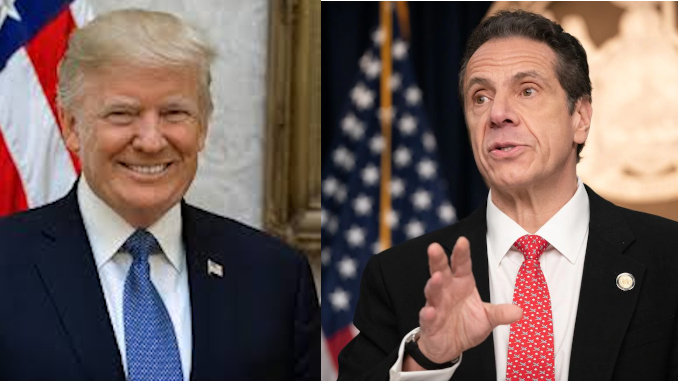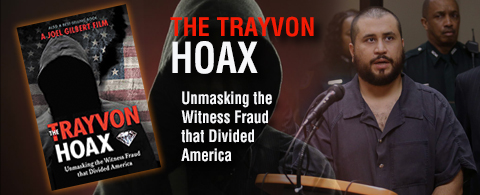
By AFP Staff
President Donald Trump, during a press conference on April 12, told reporters, ““When somebody is president of the United States, the authority is total.” Trump’s off-the-cuff comment harkens back to when former President George W. Bush declared fourteen years ago on April 18, 2006, “I’m the decider, and I decide what is best” when it comes to the Iraq War and who he had running it at the time. But is the chief executive of the United States really the ultimate decider on all things related to the country? The reality is, they are not—and we can thank our founding fathers for that.
Sen. Rand Paul (R-Ky.) was quick to blast Trump for claiming that he was the one who would decide when and how the country would end the strict measures put in place by states to control the spread of the novel coronavirus known as covid-19.
In a tweet that has since gone viral, Paul wrote, “The constitution doesn’t allow the federal government to become the ultimate regulator of our lives because they wave a doctor’s note. Powers not delegated are reserved to states and the people. If we dispense with constitutional restraints, we will have more to worry about than a virus.”
The constitution doesn’t allow the federal gov’t to become the ultimate regulator of our lives because they wave a doctor’s note. Powers not delegated are RESERVED to states & the PEOPLE. If we dispense with constitutional restraints, we will have more to worry about than a virus
— Senator Rand Paul (@RandPaul) April 14, 2020
Paul is correct, and Trump should know this, considering in the earliest stages of the pandemic in the United States Trump rightly said that it was up to the states to manage their situations based on what was going on in their regions.
Earlier in April, Trump said the federal government was there to back up states, but that it was state government’s responsibility to manage the outbreak. Now, after weeks of strict measures that have tanked the stock market and caused jobless claims to spike, Trump is angling to push to get Americans back to work.
Sen. Marco Rubio (R-Fla.) also blasted Trump for his claim.
Rubio took to Twitter to state, “How and when to modify physical distancing orders should and will be made by governors. Federal guidelines issued by [the Centers for Disease Control and Prevention] and [the White House] will be very influential, but the Constitution and common sense dictates these decisions be made at the state level.
How & when to modify physical distancing orders should & will be made by Governors.
Federal guidelines issued by @CDCgov & @WhiteHouse will be very influential.
But the Constitution & common sense dictates these decisions be made at the state level. pic.twitter.com/6izVqInX9z
— Marco Rubio (@marcorubio) April 14, 2020
The question now is not whether Trump is right or wrong about opening up the country again, it is does he have the authority during a national emergency to dictate health policies to states. Most constitutional scholars do not believe he does.
Trump is not backing down, though. He has promised to release legal documents showing that he is the one who “calls the shots.” As of April 13, his office has not published any legal arguments proving that the president has the power to overrule state authorities, however.
In founding this country, the founding fathers were careful in their wording to give states considerable power in managing their affairs. The federal government, through the commerce clause related to business among states, has considerable power—but that is specifically delegated to Congress not the president.
In Federalist Paper No. 45, James Madison wrote, “The powers delegated by the proposed Constitution to the federal government are few and defined. Those which are to remain in the state governments are numerous and indefinite.”
Over the years the federal government has chipped away at states’ powers, but, when it comes to the health and safety of citizens today, it will be the governors and not the president, who will be the ultimate deciders here.
Tell us what you think. Do you think Trump is right and that he has the authority to force states to end restrictive measures or should he be quiet and let the states decide for themselves. Tell us your thoughts on this important issue in the comment section below.


Actually or the people. If i were a local business owner I would have sued them in district court. the 10th amendment reserved the rights.